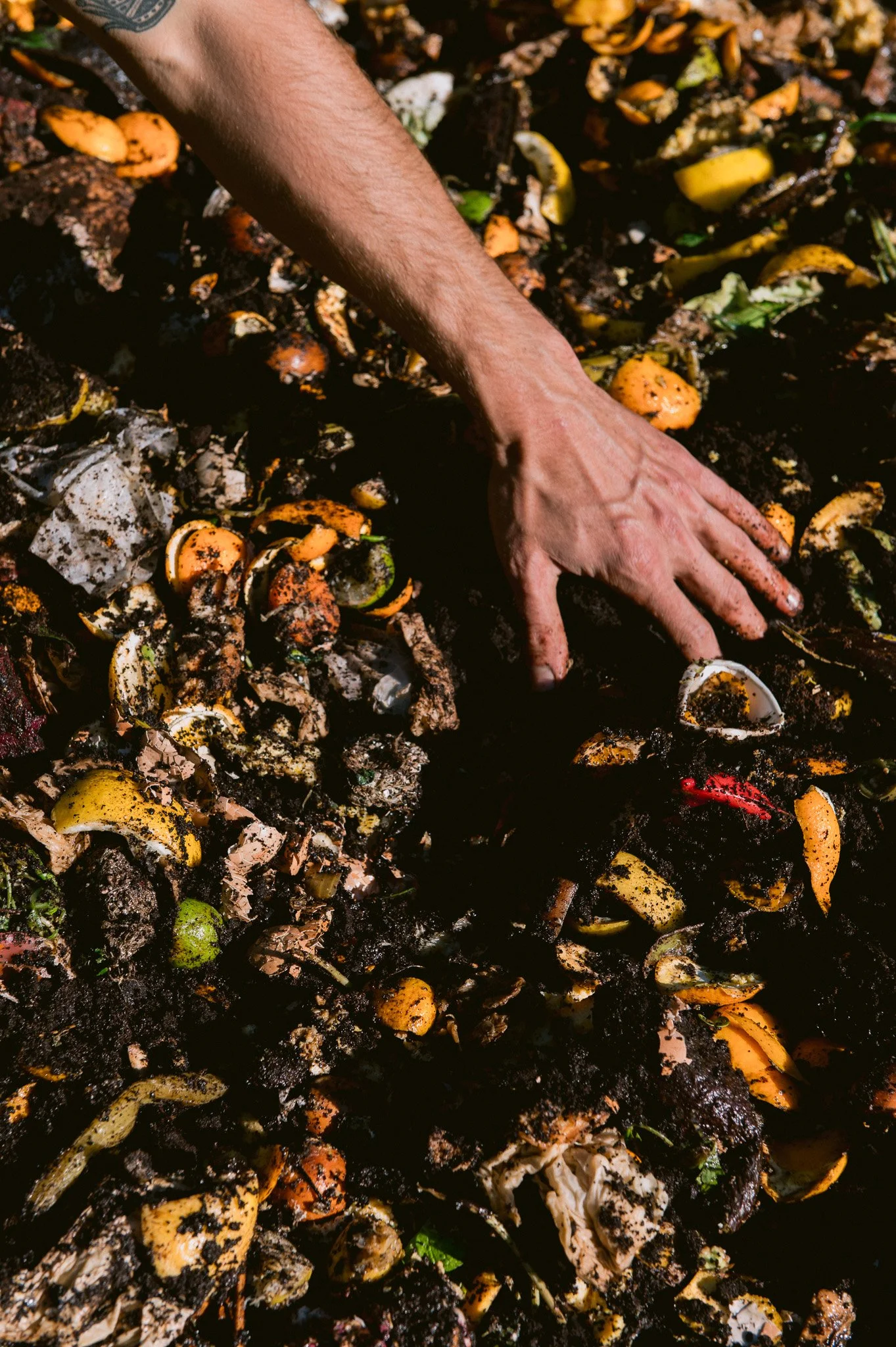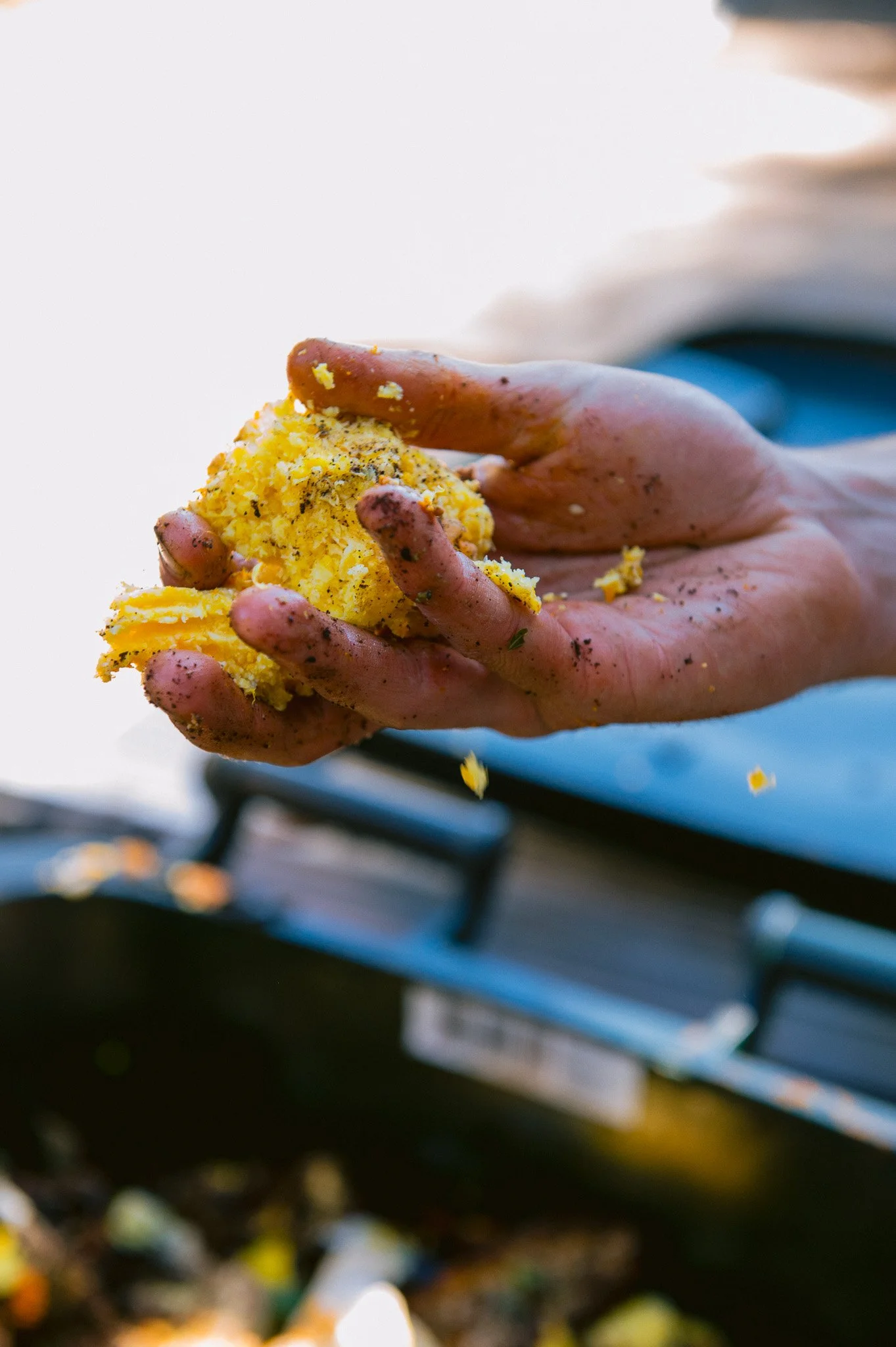The Food Waste Problem
Food waste refers to any edible food that is discarded or thrown away. It includes both cooked and raw food that becomes unsuitable for human consumption or is no longer desired. Food waste occurs in households, restaurants, grocery stores, farms, hospitals and schools.
Food waste is a significant global issue with far reaching environmental, economic and social impacts. When food is wasted it not only represents a loss of resources used in its production, it also contributes to greenhouse gas emissions. When food waste decomposes in landfill, it releases methane, a potent greenhouse gas.
If food waste were a country, it would be the third largest producer of greenhouse gasses. Globally one billion tonnes of food produced for human consumption is wasted each year. This wastage costs the global economy around US$940 billion, consumes nearly a quarter of all the water used in agriculture, and produces eight per cent of global greenhouse emissions (Champions 12.3, 2017).
In Australia, we have a productive and profitable food and agribusiness industry that produces enough food to feed around 60 million people (FIAL, 2017). Whilst there is more than enough food to feed the current population in Australia twice over, according to the recent Food Bank Hunger Report 2024 our countries food insecurity has reached a critical tipping point, with 3.4 million Australians experiencing food insecurity in the last year. The cost-of-living-crisis is the main attributing factor, though each year food waste costs Australia AUD$36.6 billion. This is approximately AUD$2500 per house hold, per year!
A national target has been set to halve food waste by 2030, to achieve this challenge, we must begin to take action at an individual level. The current state of affairs indicates that innovation leads to policy change, so therefore, we as inhabitants of this incredible island we must begin to take responsibility at the point of waste creation.
Consider taking a peek at our Community Outreach and Business Network, depending on if you’re an individual or business, to be a part of tackling one of the greatest challenges of our generation.


